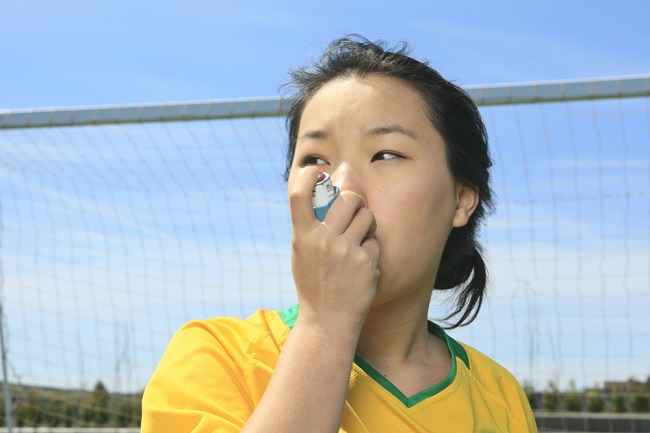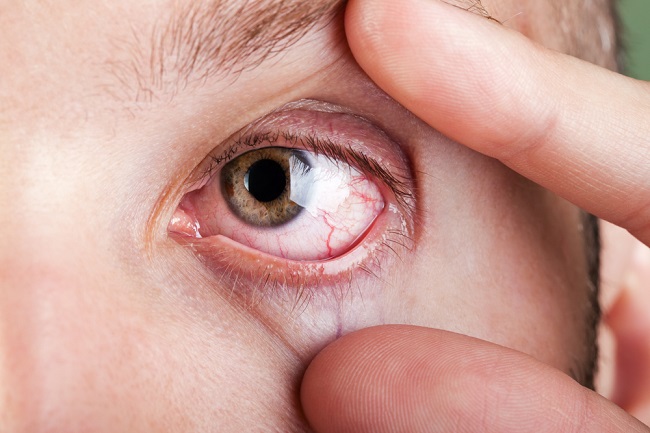Still quite a lot of people do not know that the skin is part of immunity. The skin, as the largest organ that covers the entire body, is one of the components innate immunity It is important to maintain their health, especially in the midst of the COVID-19 pandemic.
To have a strong immune system, you need to take good care of your immune system. There are two types of body immunity that need to be maintained, namely: innate immunity (nonspecific immunity) and adaptive immunity (specific immunity).

DefinitionInnate Immunity and Adaptive Immunity
Innate immunity or non-specific immunity is the body's defense system that has been present since birth and functions to protect the body from exposure to harmful substances in general. Innate immunity is the first line of defense against toxins and germs that enter the body.
Innate immunity consists of skin, mucous membranes, and hair cells (cilia) in the airways. In addition, the body's mechanisms for expelling foreign objects, such as the cough and sneeze reflex, are also included in the innate immunity.
Whereas adaptive immunity or specific immunity is a type of immunity formed by the body to fight a specific harmful substance, including certain bacteria and viruses.
Function adaptive immunity played by the lymphatic system and white blood cells, such as B lymphocytes and T lymphocytes. This system will produce antibodies to fight certain microorganisms that enter the body.
How to Take Care of Skin as Innate Immunity
Skin is the largest part of innate immunity. Therefore, in order to keep innate immunity You are strong in fighting various germs, you must take good care of your skin health. One way is to get enough vitamin E intake every day.
Vitamin E levels (alpha-tocopherol) in the skin layer can be reduced due to exposure to free radicals, for example due to sunlight or pollution. If the level of vitamin E in the skin is low, skin health can be disturbed. The reason is, this vitamin is a strong antioxidant so it is needed to fight free radicals that can cause inflammation, damage, and aging of the skin.
In addition to sufficient intake of vitamin E, you also need to get intake of other antioxidants, such as glutathione and astaxanthin, so that the strength of the skin as innate immunity well awake.
The Importance of Vitamin E Intake in Protecting the Skin
Because the role of vitamin E is so important for skin health, you need to regularly consume various types of foods that contain vitamin E. If necessary, you can also take vitamin E supplements.
In addition, you can provide extra protection to your skin by applying a moisturizing cream that contains vitamin E. That way, the skin's moisture will be maintained, so that various problems caused by dry skin, including the appearance of wrinkles, can be prevented and overcome.
If you want to take vitamin E supplements, pay attention to the dosage. Read the information listed on the packaging label and make sure the dose you take is according to your skin condition and needs.
For ages under 25 years with complaints of dull, oily, and acne-prone skin, the recommended dose of vitamin E is 100 IU per day. Meanwhile, for people who have dry skin or do a lot of outdoor activities, the recommended dose of vitamin E is 300 IU per day.
Avoid taking vitamin E in excessive doses, unless advised by your doctor. The maximum dose set by the Food and Drug Supervisory Agency (BPOM) of the Republic of Indonesia is 400 IU per day.
In order for vitamin E from supplements to be more easily absorbed by the body, choose a supplement that contains vitamin E in its natural form, namely d-alpha-tocopherol. You can see this information in the list of supplement content on the product packaging.
Vitamin E in the form of d-alpha-tocopherol absorbed by the body more quickly than synthetic vitamin E, i.e dl-alpha-tocopherol. Absorption will be even faster if the form is a soft capsule (soft capsules).
Maintaining healthy skin in the midst of the COVID-19 pandemic is important, because this outermost part of the body is the front line in the immune system. So, if your skin is healthy, your immune system will be stronger.
If you have skin problems, you should consult a doctor. The doctor will conduct an examination to determine the cause and provide appropriate treatment. That way, the treatment will be more effective.









